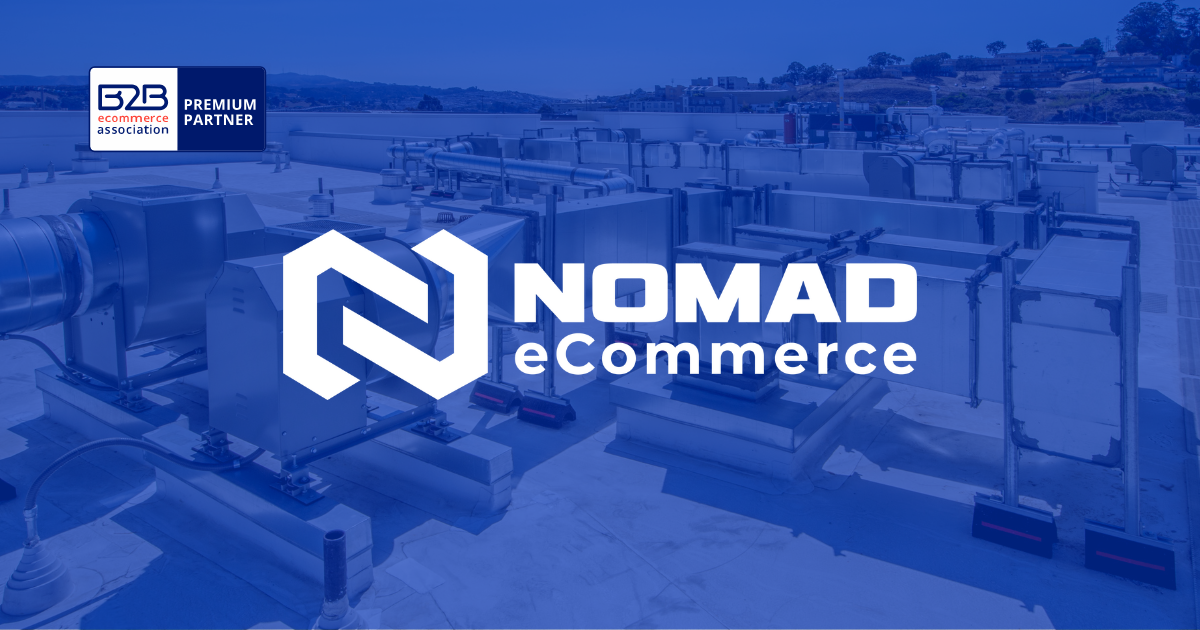Manufacturers build out digital CRM
Editor’s note: Insightly, a customer relationship management (CRM) platform, is sharing insights into CRM functionality and what matters most for manufacturers when choosing a platform. An Insightly customer survey of manufacturers found that 70% saw a positive ROI within one year of using Insightly CRM, and 58% reported growth in their win rate of opportunities. Here Insightly chief marketing officer Chip House offer some data and analysis from the survey results.
No matter what type of product your company offers, all manufacturing companies share a common set of operational needs that have to be met to reach their business goals, stay competitive, and build long-lasting customer relationships. And platforms for customer relationship management (CRM) can play a key role in addressing these needs.
With this in mind, we polled manufacturing businesses to learn about their experience as it relates to sales performance, customer insight, and ultimately revenue growth as a result of implementing a CRM.
Questions covered common operational and business areas in manufacturing, from planning and forecasting through production, inventory management, sales, distribution, and customer service.
Here are the key takeaways from the survey results to help decision-makers and CRM administrators in manufacturing companies evaluate their own CRM needs and select the right solution.
User adoption, or the process of adopting and using a new CRM, is one of the top concerns that most manufacturing companies have when first introducing a CRM to the team or when switching to a new one. After all, it doesn’t matter how sophisticated and powerful a CRM is if your team finds it hard to adopt and incorporate it into their daily work.
Not surprisingly, when asked why they chose a certain CRM, 57% of survey respondents cited “adoption and ease of use” as one of the most important factors in their decision-making.
But adoption is only the first step in ensuring ROI in any new technology — consistent, frequent, and as-intended usage is what determines its long-term benefits. To that end, 77% of manufacturers reported using their CRM on a daily basis.
Automating repeatable processes to minimize human error and save time across different workflows and departments is critical to increasing productivity, especially when it comes to the manufacturing industry.
In the survey, 42% of respondents reported improvement in “implementing repeatable business processes” and 39% reported an overall improvement in employee productivity as a result of using a CRM.
This is a reflection of workflow automation capabilities of a CRM and is how manufacturers can automate complex, multi-step business processes. For example, if you have a standard practice to send email alerts or create/update records once a trigger event happens, a CRM can automate that. It can also generate tasks for others when opportunities are won, and even execute a custom business logic to sync external systems from SAP, Oracle, and others.
With this in mind, it’s no wonder why respondents also reported slashing weekly hours spent on administrative and routine tasks.
Since implementing their CRM, 44%vof manufacturers surveyed reported having deeper customer insight. The soundness of your business decisions depends on the accuracy, relevance, and timeliness of your customer data analytics. With a CRM, manufacturers have access to a ‘single source of truth’ of all customer data and can see a 360-degree view of each relationship. This results in deeper insights that allow your team to make improvements in customer experience and make solid business decisions.
In the survey, 69% of respondents reported having a more accurate source of information on their customers, sales, and projects as a result of implementing a CRM and 47% reported improvements in both understanding and reporting sales performance.
Many organizations fear that a CRM is too expensive and won’t pay for itself over time. If you choose a legacy CRM platform like Salesforce and then need mountains of customizations that require a full-time consultant, that may be true.
It’s important to choose a CRM that is built to be flexible and easy to customize and integrate. Researching a variety of CRMs to ensure you find the best one for your organization is vital, and can lead to revenue growth. In fact, survey respondents reported 18% annual revenue growth as a result of using a CRM.
The degree to which manufacturers are able to streamline their operations and improve productivity has a direct impact on the quality of their customer and business relationships, ability to scale, and, ultimately, grow business, so it’s critical that manufacturers select the right CRM for their needs.








